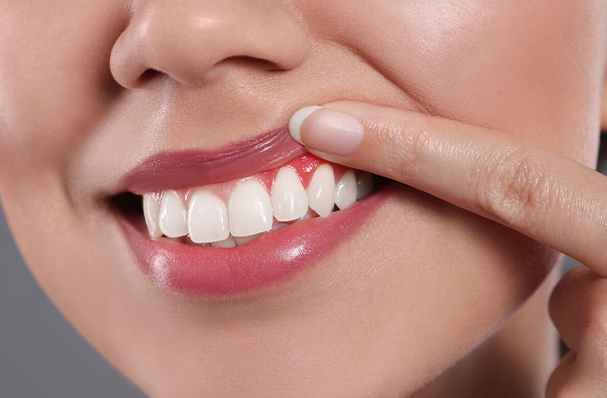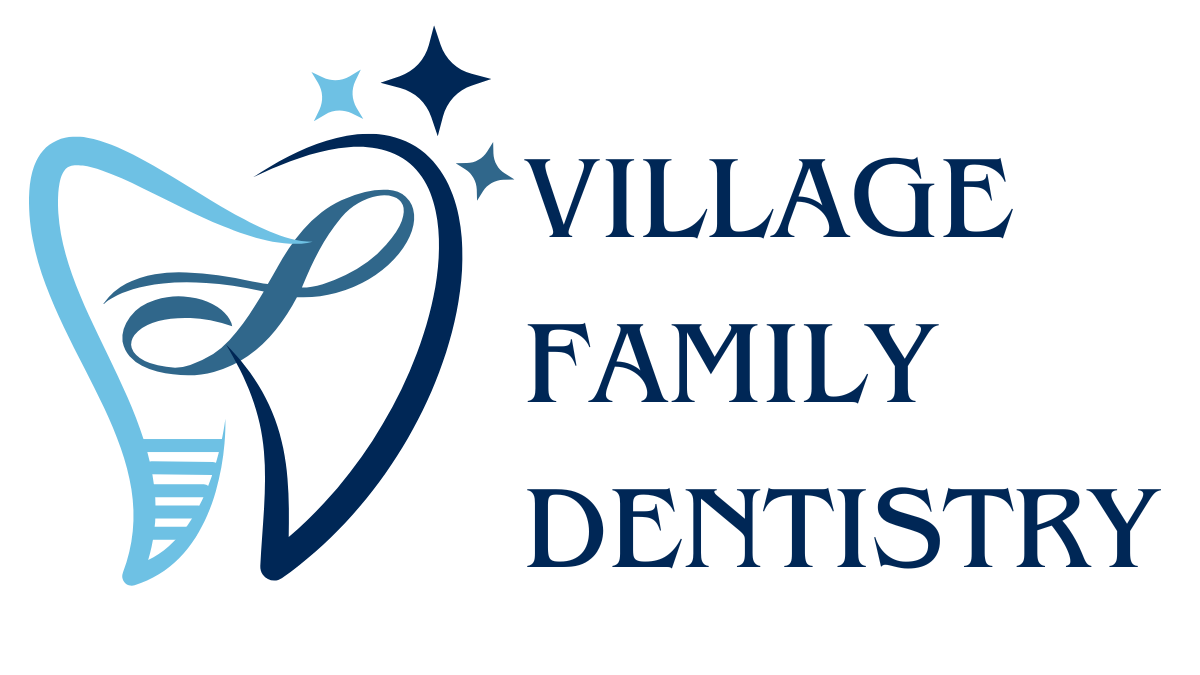
What is gum disease?
Periodontal disease, also known as gum disease, impacts the tissues that support and surround your teeth, called the "periodontium." Similar to tooth decay, it is triggered by harmful bacteria found in dental plaque and tartar that accumulate around the teeth and beneath the gums. Because gum disease can progress without causing pain, it may go undetected. To avoid it, practice good oral hygiene, schedule regular checkups and cleanings with your dentist, and stay alert to the signs and symptoms to maintain a healthy smile.
Some indications that you may have periodontal disease include:
- Inflamed and red gums
- Bleeding when brushing or flossing
- Receding gums and exposed tooth root surfaces
- Sensitivity to hot or cold temperatures
- Bad breath or a bad taste in the mouth
- Teeth that feel loose
- New spaces developing between the teeth or a change in the bite
- Change in the fit of existing partial dentures
- Discharge around the teeth and gums
The Importance Of Good Oral Health
Keeping your smile healthy is crucial for not just your teeth and gums, but also for your overall well-being. Studies have shown a connection between periodontal disease, the main reason for adult tooth loss, and serious health issues such as heart disease, stroke, diabetes, and respiratory problems.
Here at Village Family Dentistry, we prioritize the early prevention, detection, and treatment of periodontal disease. Our aim is to offer the guidance, support, and treatment necessary to maintain optimal periodontal health.
What is gingivitis?
The earliest stage of gum disease, known as gingivitis, may not be painful but can be identified by signs such as bleeding gums, redness, swelling, or tenderness. It is important to address these symptoms promptly to prevent further damage and progression to more severe stages of gum disease. Fortunately, gingivitis is still reversible at this stage with treatments like deep dental cleanings, improved oral hygiene, and regular checkups. Taking action early can help prevent lasting damage to your gums.
New patients and emergency appointments welcome


